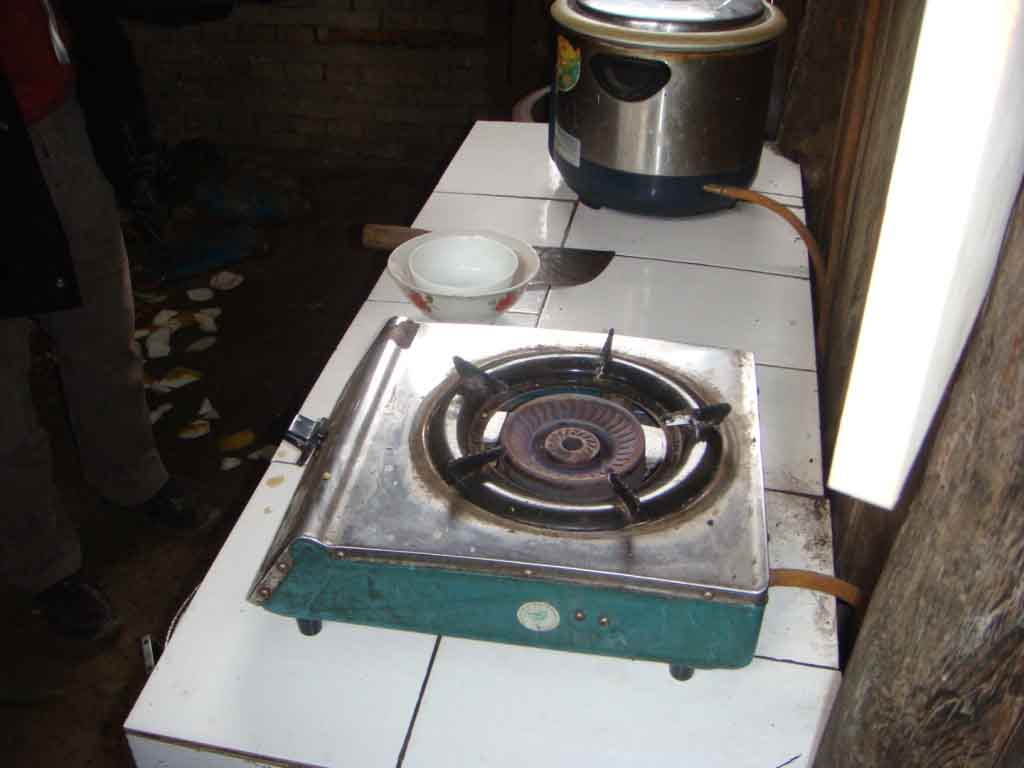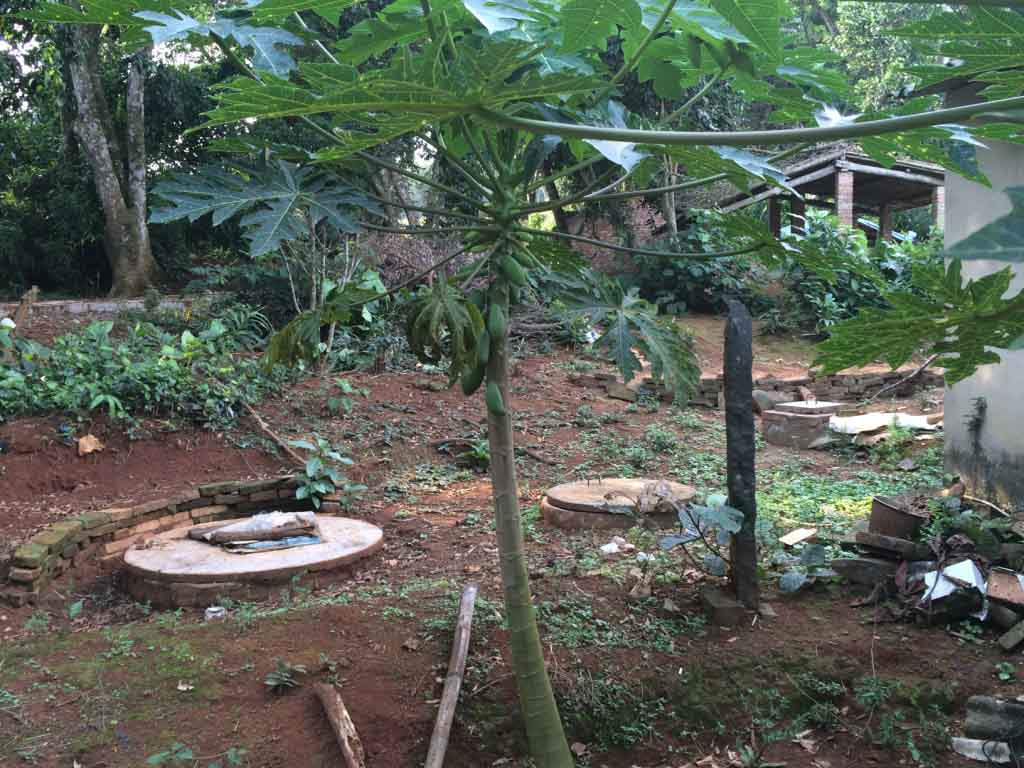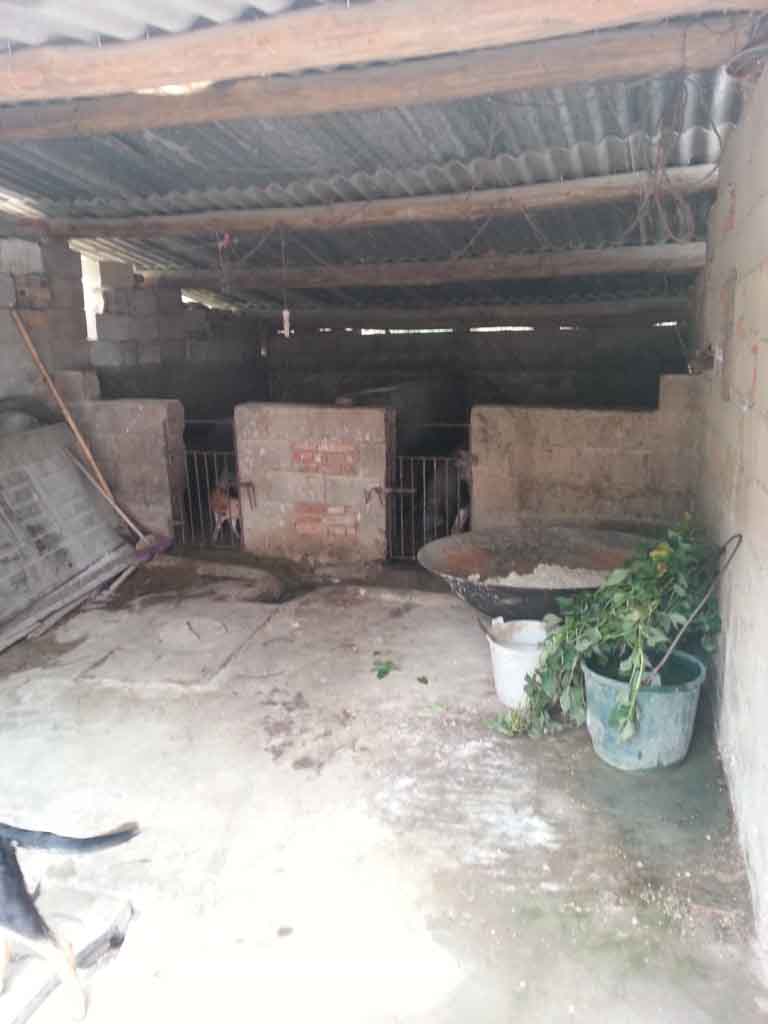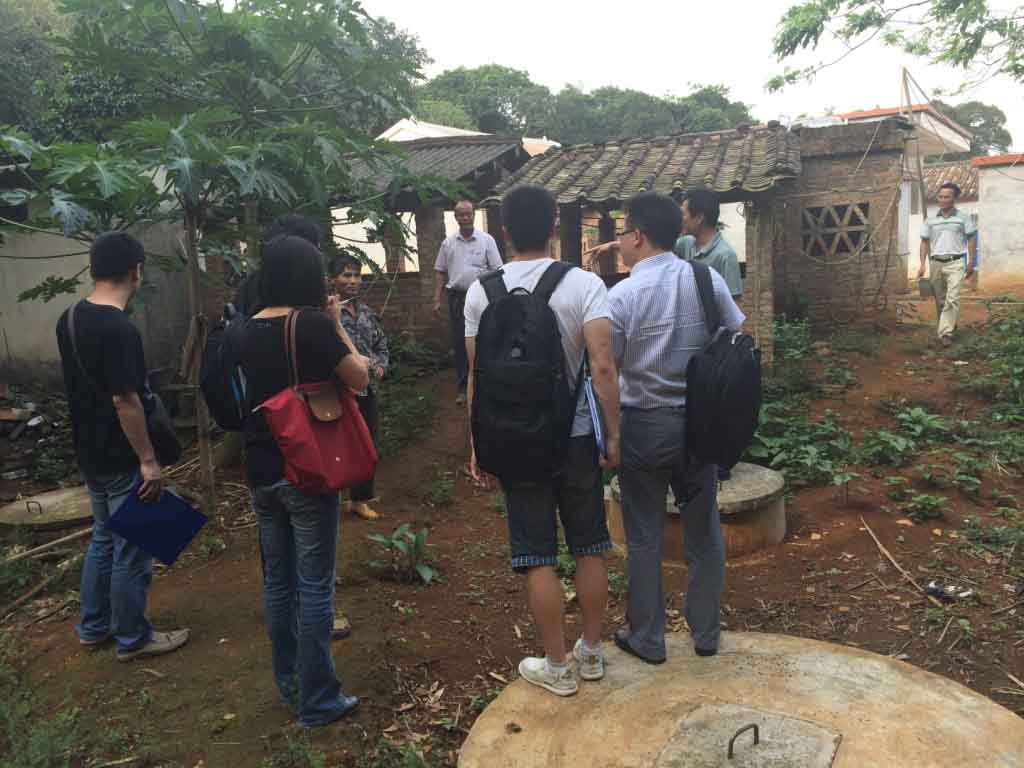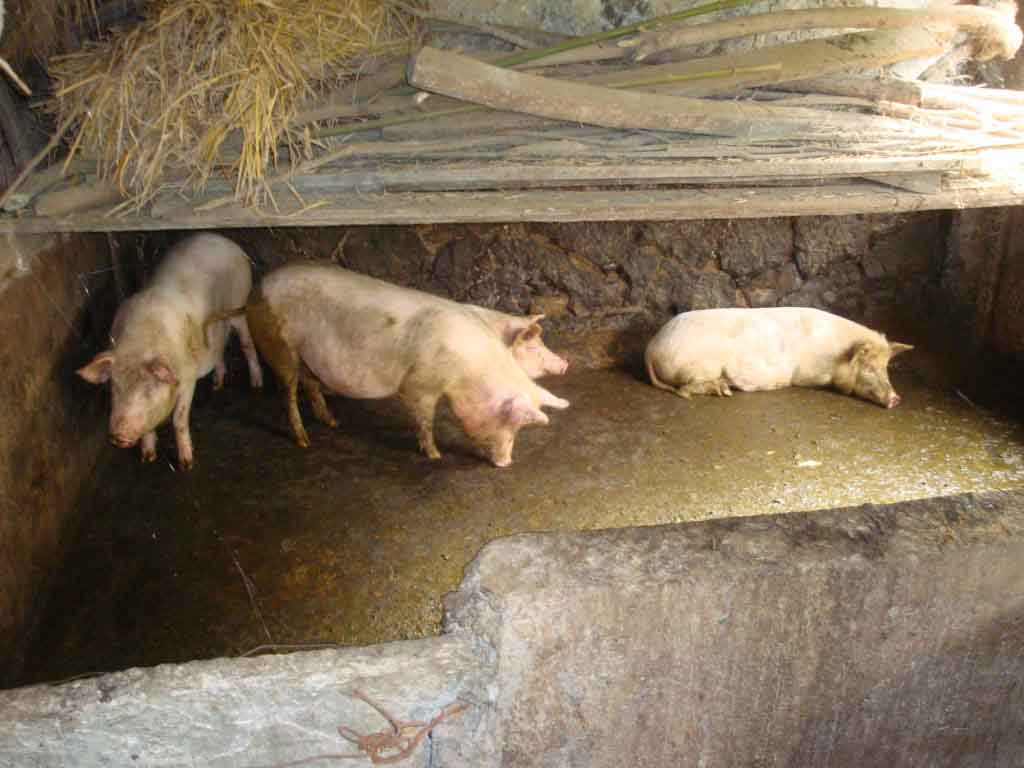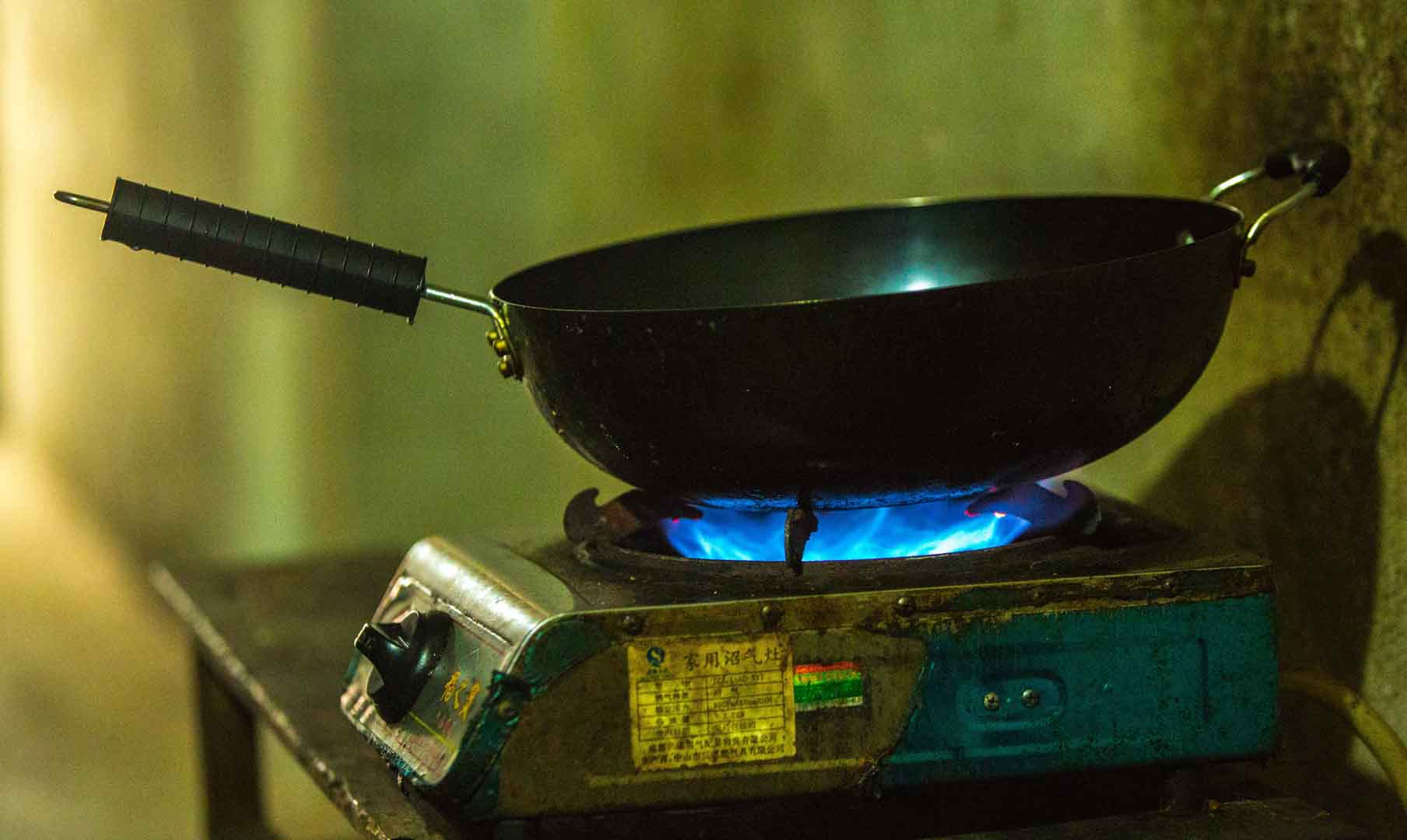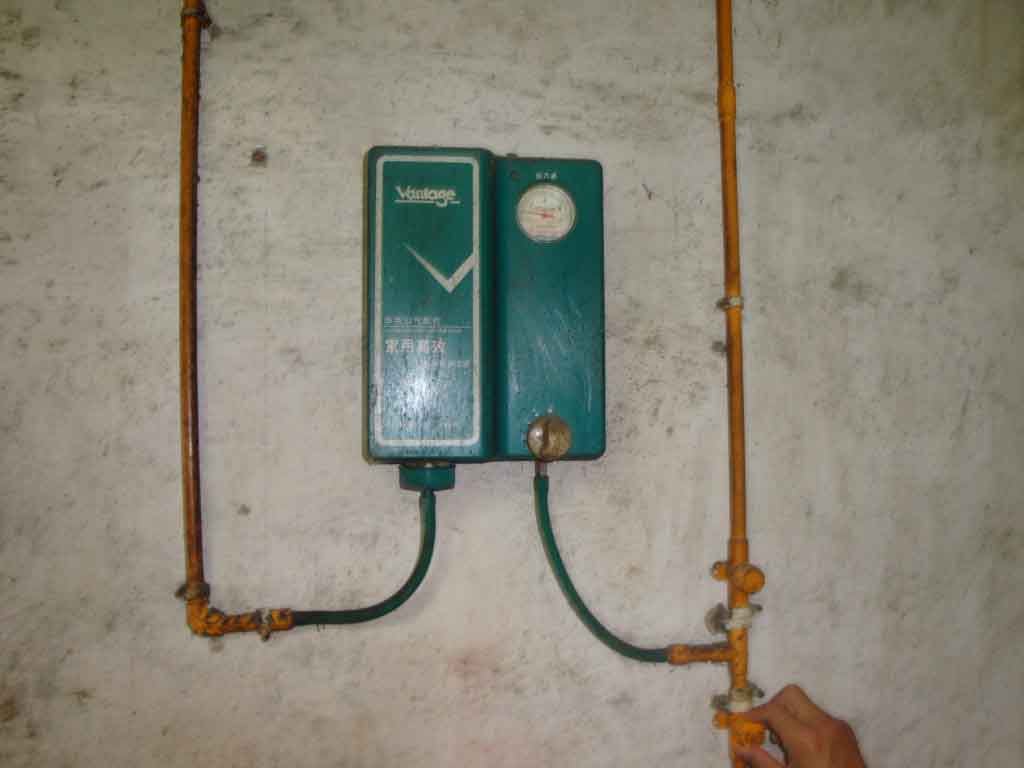Independent energy for small farmers
The project contributes to climate action by enabling small farmers in southern China to supply themselves with clean energy. In Wenchang County in Hainan Province and near the city of Zunyi in Guizhou Province, families can have their own small-scale biogas plants built thanks to project funding. These are filled with organic waste such as manure from pigs. The anaerobic fermentation process in the tanks of about 8 cubic metres produces biogas, which is then used as thermal energy for the custom-built gas cookers.
In this way, farmers save the costs for coal or other fuels to cook on traditional inefficient stoves. Thanks to the use of waste as a clean energy source, their hygiene situation has also improved. The project prevents CO2 emissions from cooking and methane that would be produced by rotting biomass in the open air. In addition, it improves the living conditions for poor households.
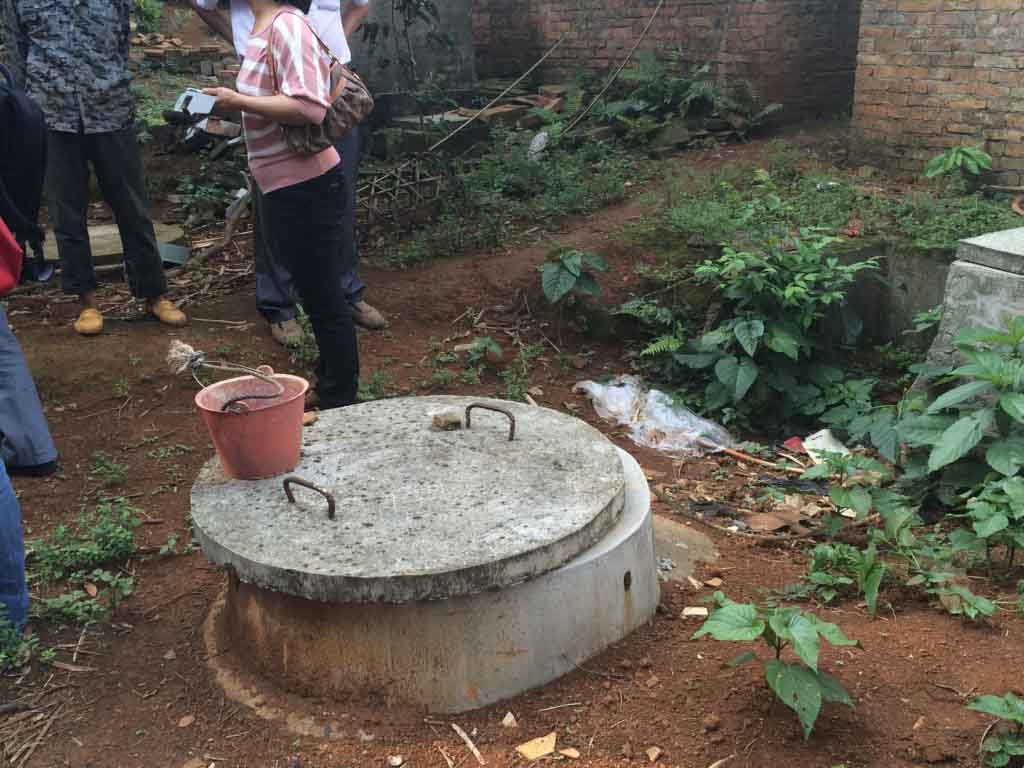
In biogas facilities, biomass is fermented into biogas in sealed digesters. Biomass may consist of organic waste or dung from cows or other animals. In countries like India or Vietnam, families use the gas from small biogas plants for cooking. This reduces CO2 emissions that would be produced by cooking with wood or charcoal. Biogas plants also prevent methane from escaping into the atmosphere, as is the case when organic waste is stored in an open pit. Instead, the gas is fed from the closed digesters to specific cookers and thus provides an independent and renewable source of energy.
Four criteria for projects to meet quality thresholds
The life cycle of a climate project
A climate project has a set life cycle consisting of various phases, from the feasibility assessment to the retirement of Verified Emission Reductions (VERs).The project developer reviews the general feasibility of the project, the project design, and the financing. Then, the Project Design Document (PDD) is prepared, which contains all the basic information about the project, such as the objective, location, timeline, and duration.
In this phase, independent auditors examine the PDD and the information it contains. This phase often also involves field visits with on-side interviews and analyses. Auditors are accredited, impartial assessors who have to be approved by the relevant standard as a validation and verification body (VVB). TÜV Nord/Süd, S&A Carbon LLC., and SCS Global Services are examples of VVBs."
Once validated, the project can be registered with a standard such as the Verified Carbon Standard or the Gold Standard. All high-quality climate projects are based on international standards. They provide the framework for project design, construction, carbon accounting, and monitoring. Recognised standards make the climate project system and the projects themselves resilient, traceable, and credible.
After the climate project has been registered, the monitoring begins. Here, the project developers monitor and document the data of the project activities and progress. The duration of the monitoring phase varies from project to project: it can cover two years, but documentation over five or seven years is also possible.
At the end of each monitoring phase, a VVB checks and assesses whether the values and project activities stated in the monitoring report are correct. As with validation, visits to the project site are often part of the verification process.
Once verified, the emission reductions that were confirmed in the verification phase can be issued as VERs. The steps of monitoring, verification, and issuance of VERs are repeated regularly and are therefore considered as a cycle.
Once a VER has been used, it must be retired. This process is also reflected in the registry. If the financing of a climate project is done through ClimatePartner, the VERs are bundled in a system certified by TÜV Austria and then retired on a regular basis. This ensures that each VER can no longer be sold and is only used once, preventing double counting.
Explore our projects
Biochar for Climate Action, Healthy Soils, and Better Harvests
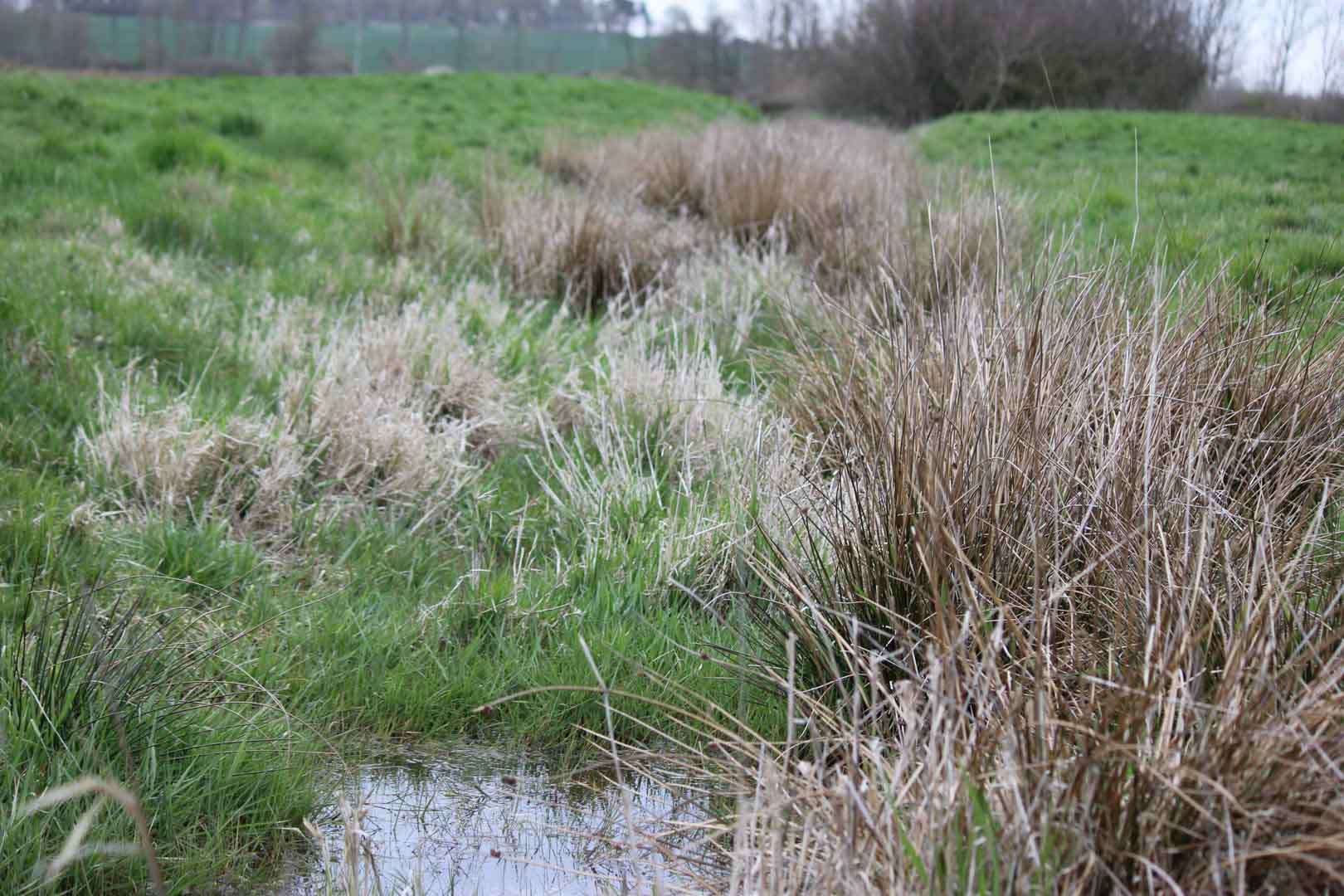
A certified climate project combined with additional commitment
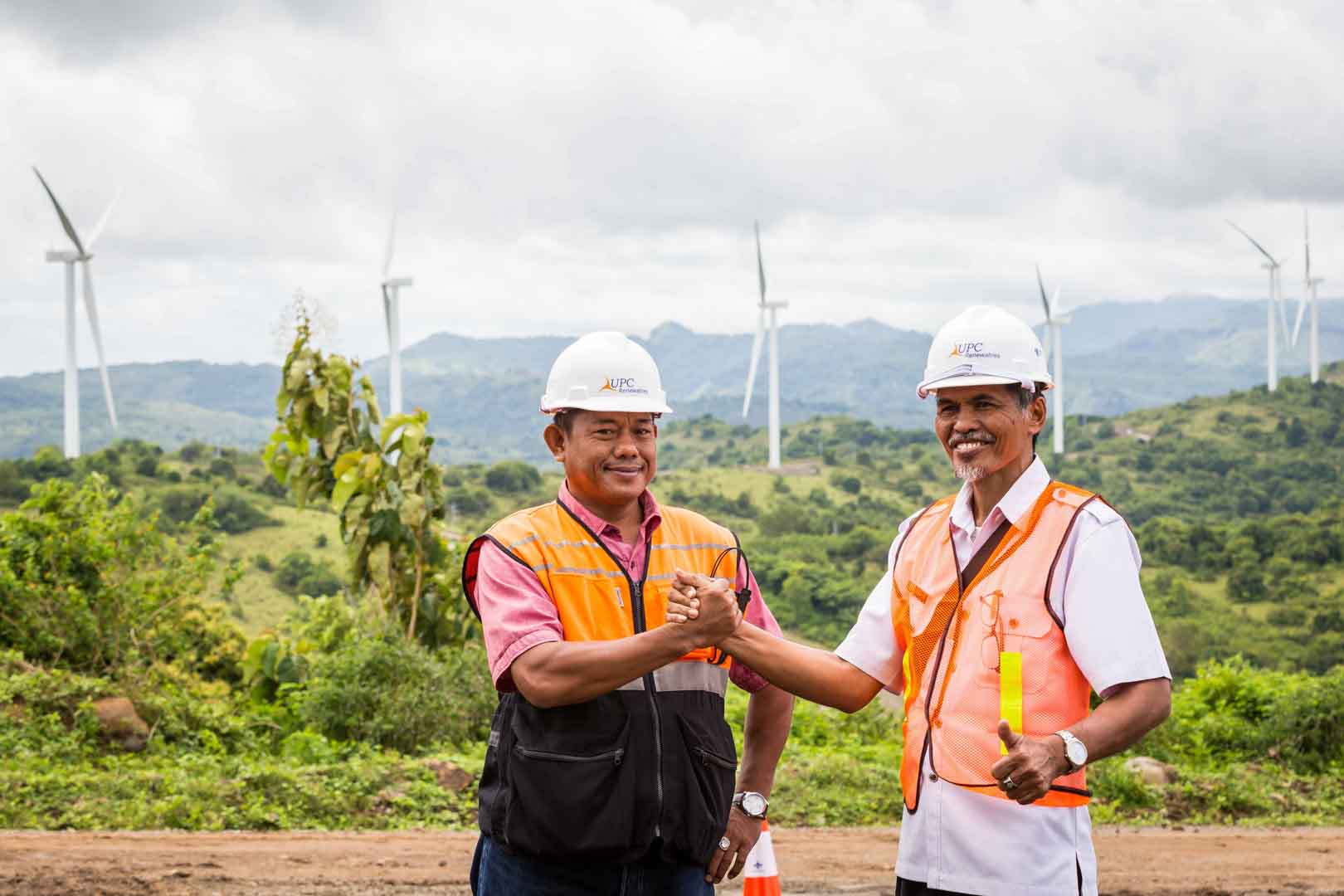
Expansion of renewable energy generation in Asia
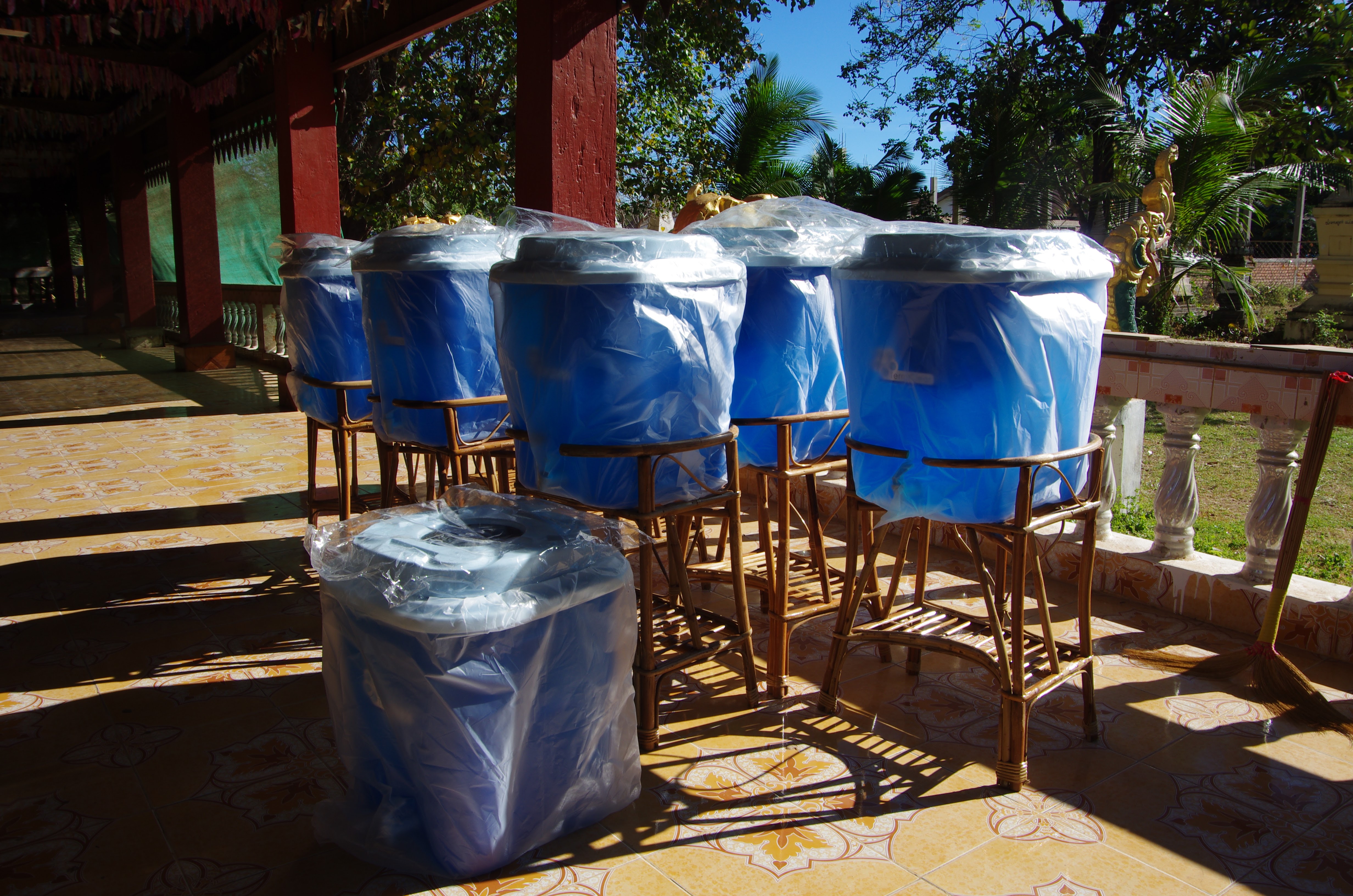
Ceramic water filters save CO2 and improve health
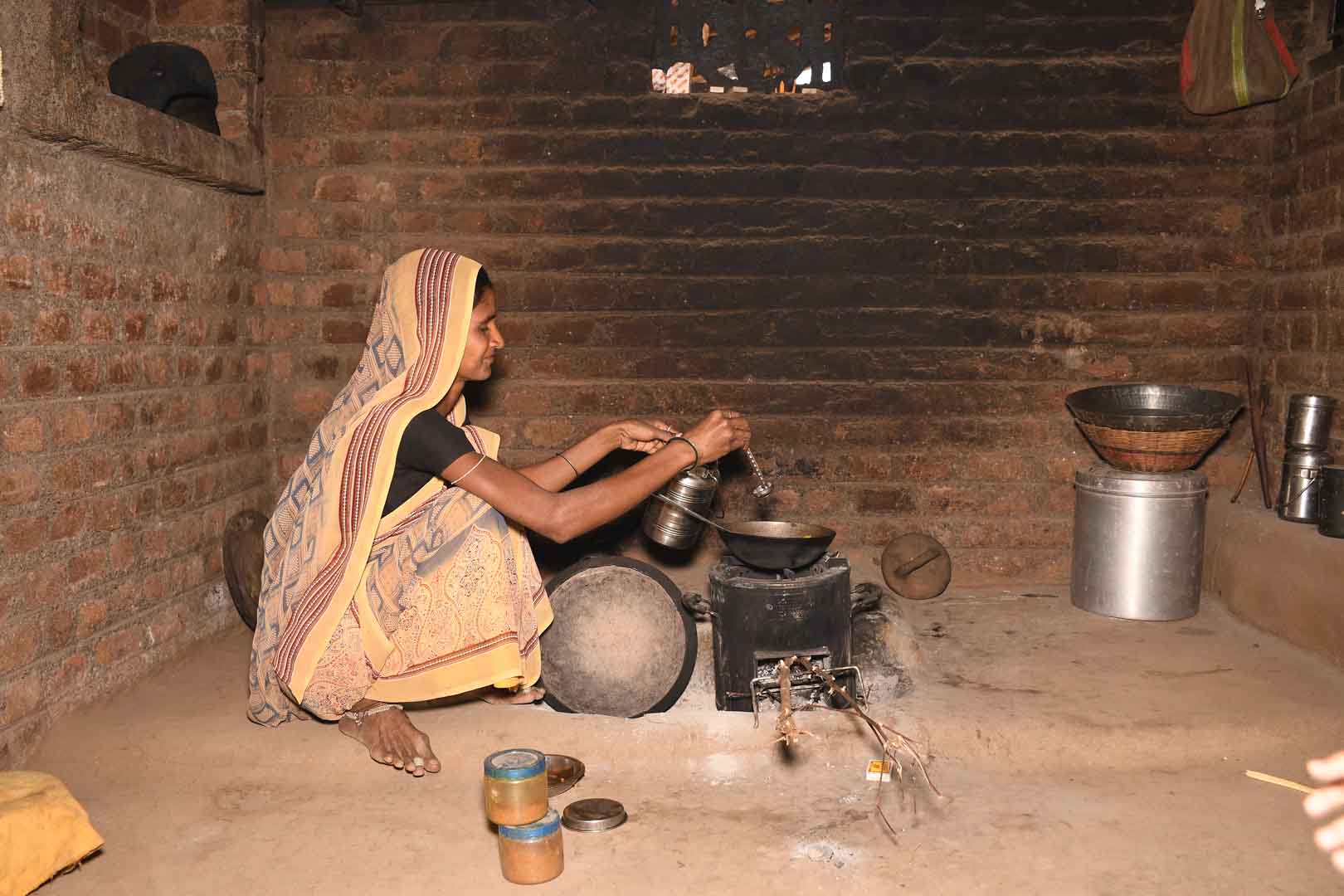
Improved cookstoves worldwide – for better health and cleaner air

A certified climate project combined with additional commitment
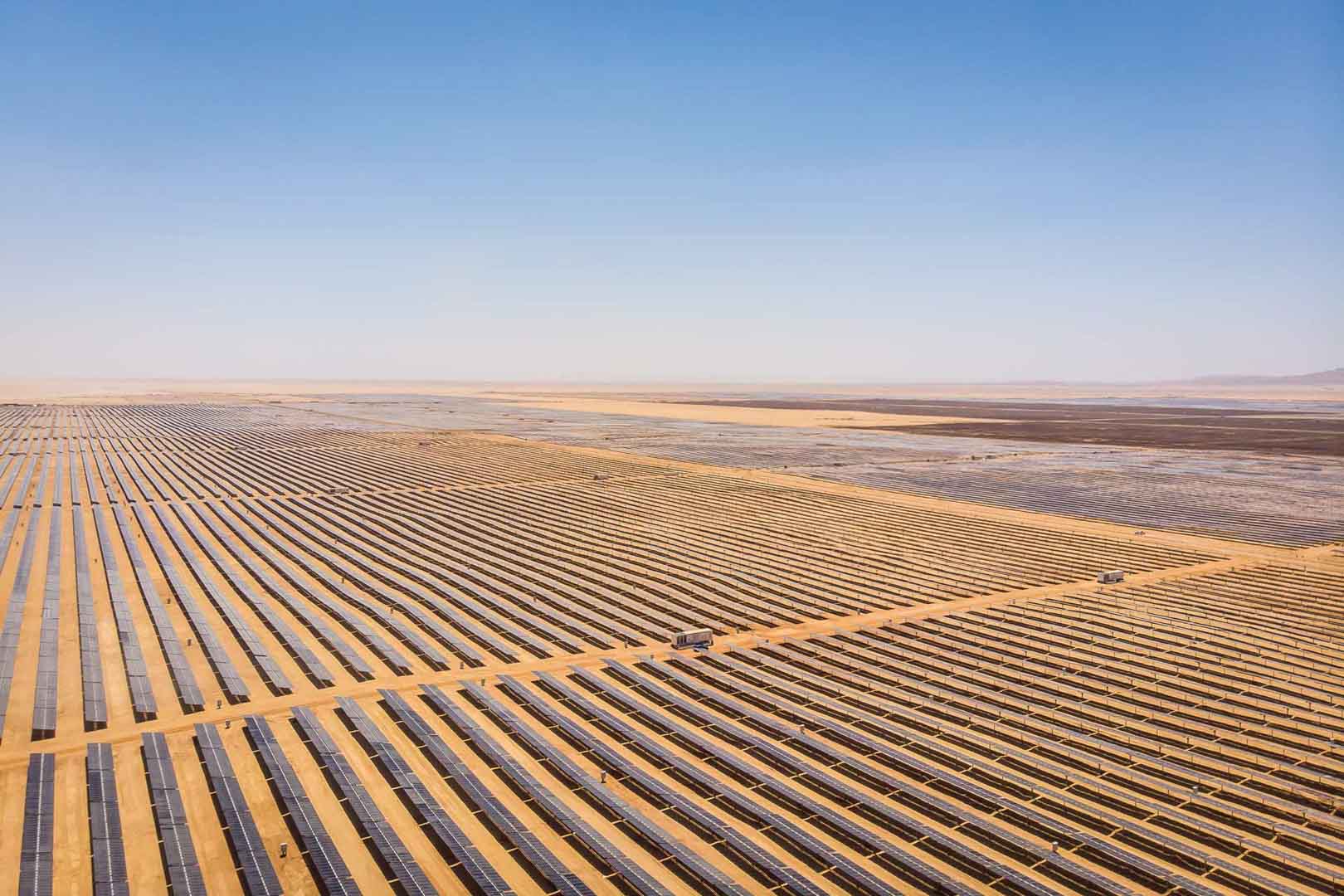
Powering access to renewable energy in Africa
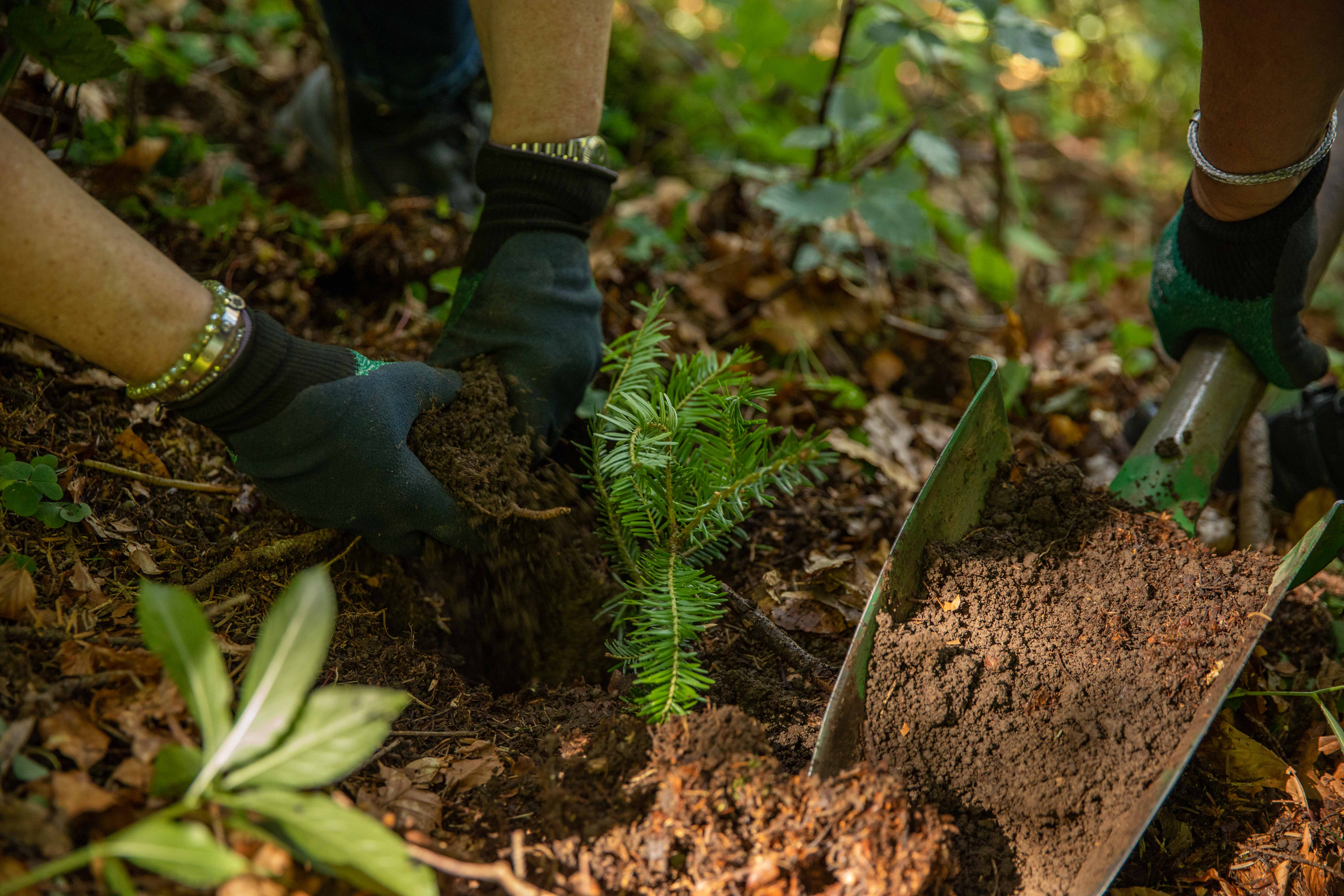
A certified climate project combined with additional commitment
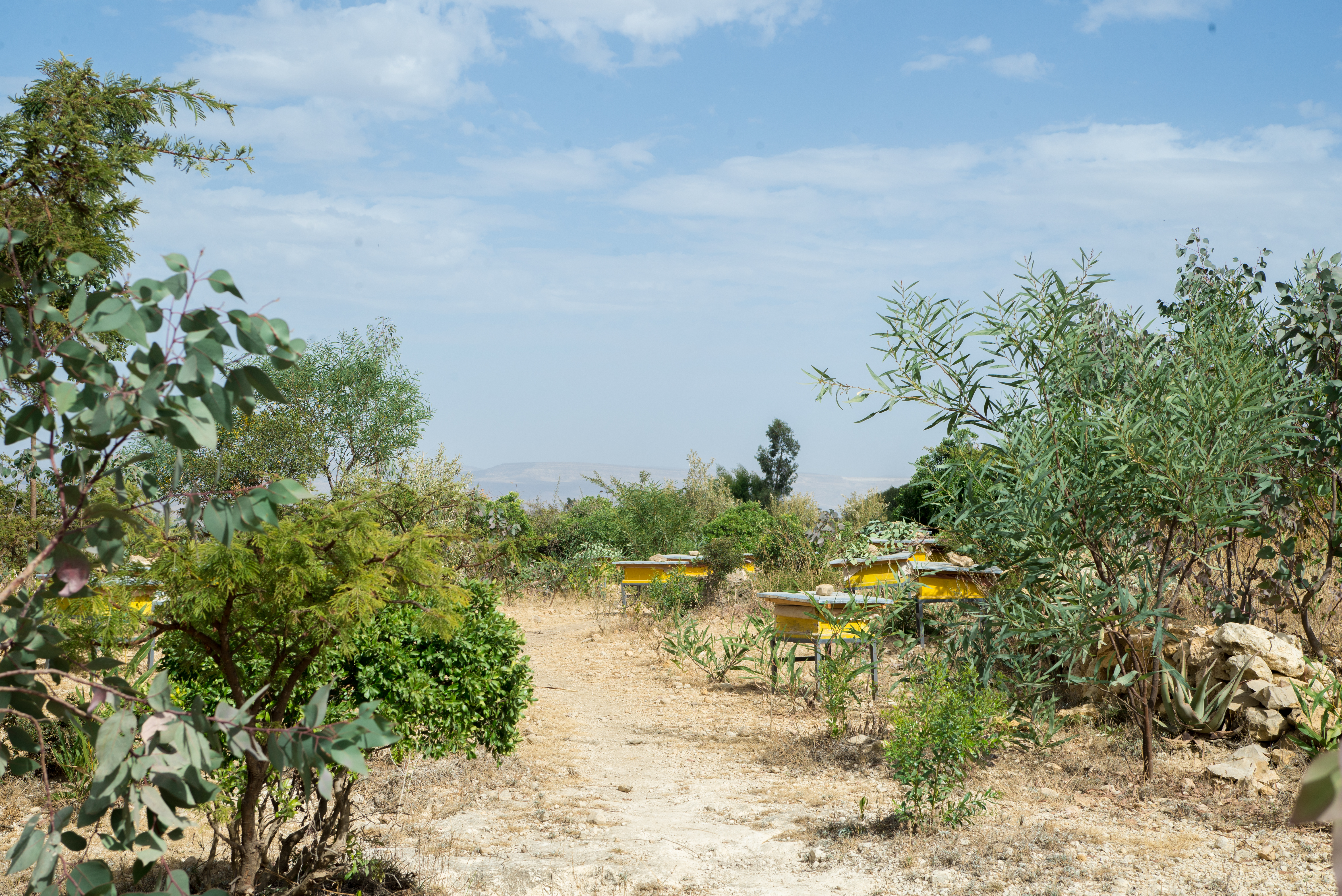
Restored ecosystems remove carbon
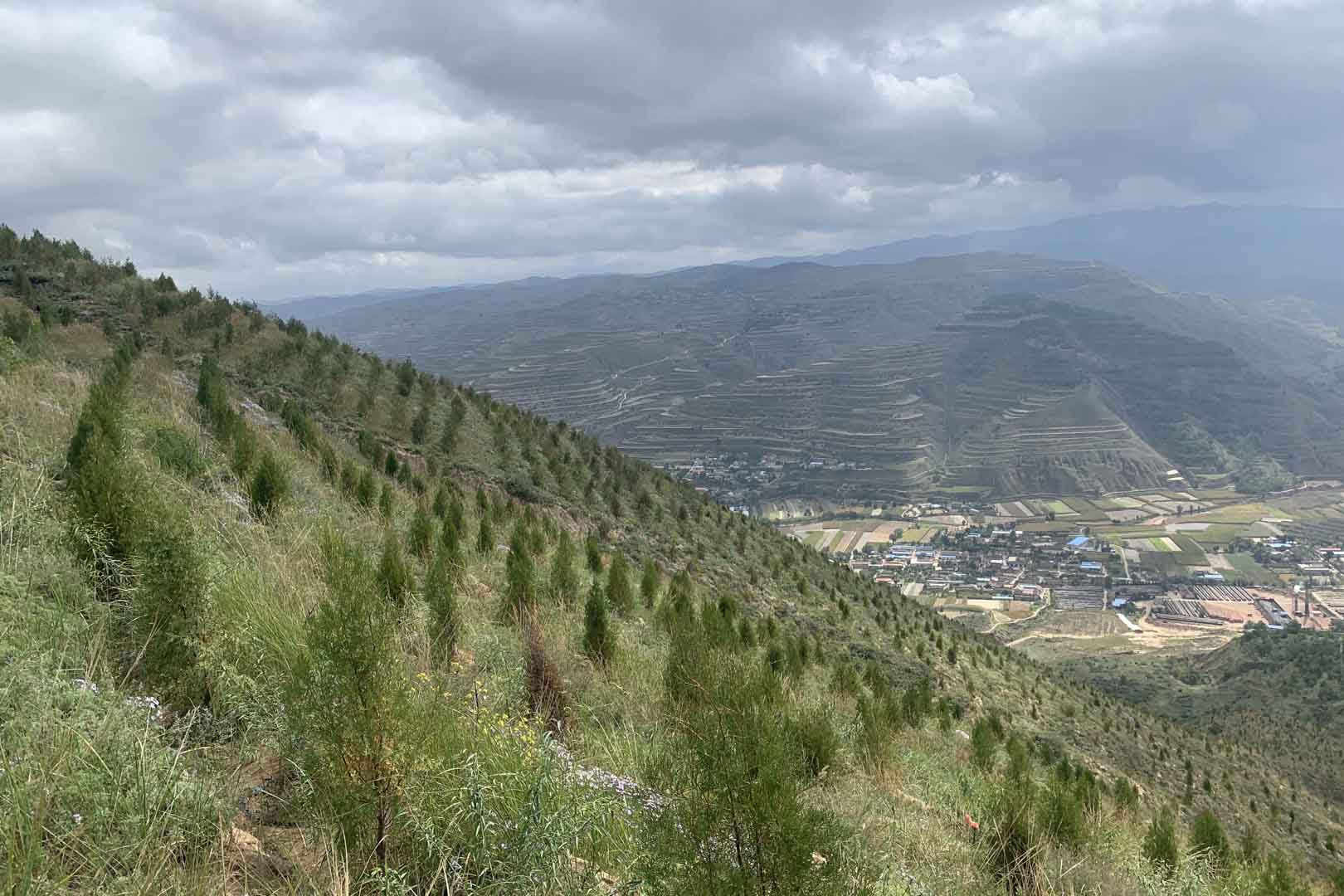
Turning degraded farmlands into healthy ecosystems
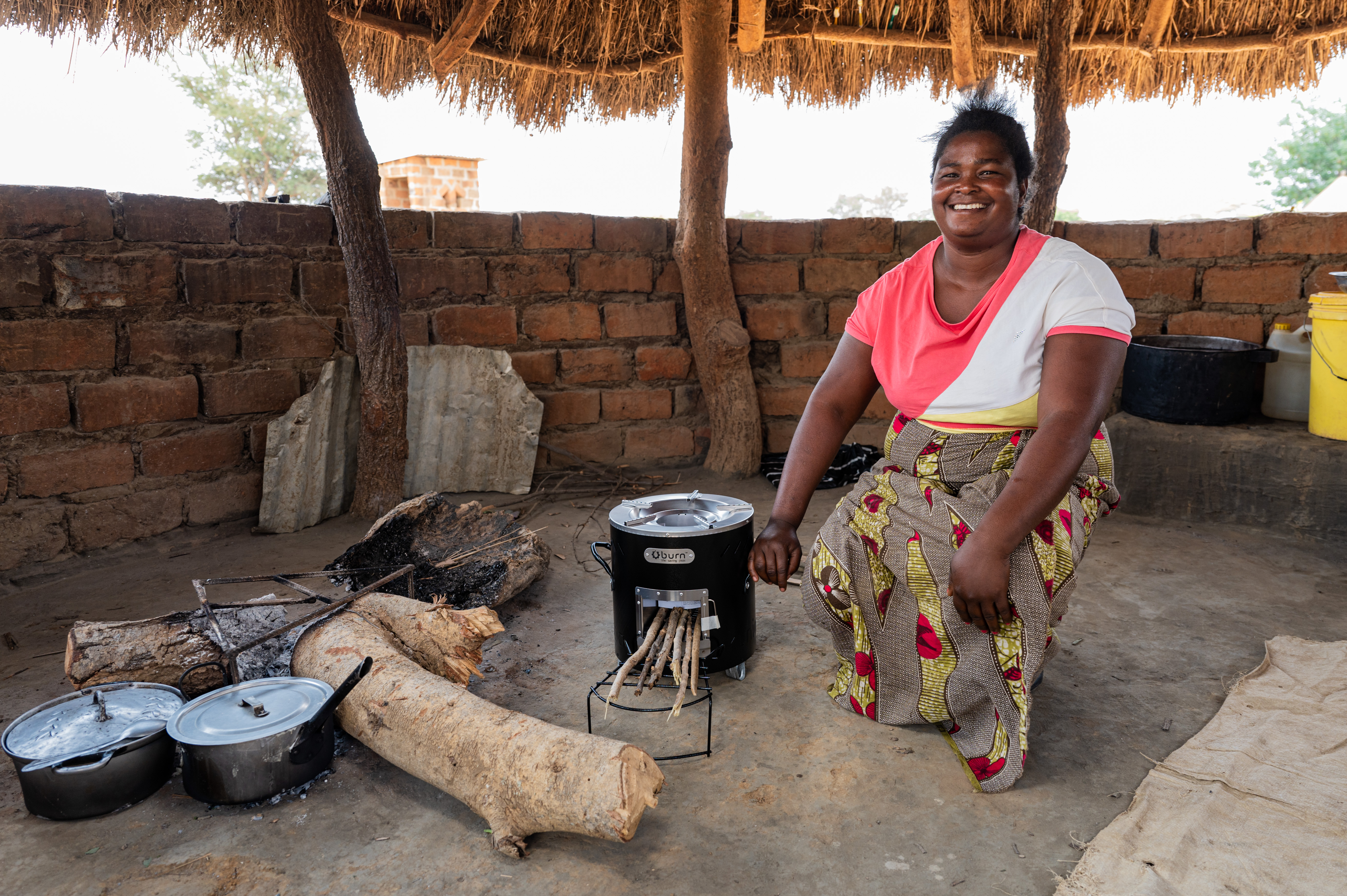
Improved cookstoves - better for health and the environment
